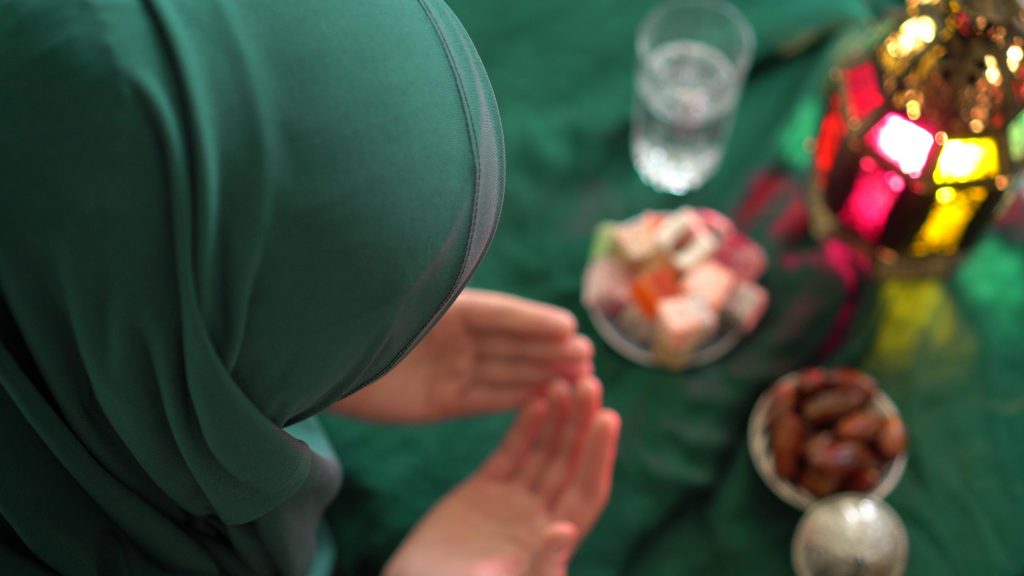The most sacred month in the Islamic calendar, Ramadan, is upon Muslims worldwide until May 12. This is a month of worship by means of fasting, good deeds and prayer. Each day, Muslims eat their first meal, Suhoor, before sunrise and Iftar after sunset. Spiritual rewards for good deeds are multiplied greatly this month, but so too are the levels of sin and punishment for bad deeds. Hence, everyone behaves with great care and compassion for others.
According to the Islamic faith, Ramadan, the ninth month of the Islamic calendar, began in 610 C.E., when the angel Gabriel revealed the contents of the Quran to the Prophet Muhammad, lasting until the Prophet’s death in 632 C.E. In celebration and remembrance, Islamic texts encourage generous acts throughout the month, particularly sharing food with guests for Iftar. Compassion, kindness and neighborly duties are not new values for Muslims, but they are emphasized and prioritized throughout Ramadan.
During Ramadan, Muslim students often experience excess levels of stress due to the late-night schedule required to fast from sunrise to sunset. Zagham Shah, a member of Binghamton University’s Muslim Student Association (MSA) and a sophomore double-majoring in cinema and physics, said losing sleep made it harder to concentrate in class.
“I now require two or three naps most days to avoid falling asleep in class and trying to balance school with worship has proven very difficult indeed,” Shah said. “[Still] during Ramadan, Muslims strive to positively impact their respective communities and whatever change may come of that shall hopefully be met with open arms.”
Fasting each day and committing to virtue has been taxing but worthwhile for Muslim students. Zarmina Chaudhry, a member of MSA and a junior majoring in biology, described her dedication to the act. Although fasting might be the face of Ramadan, the meaning of the month is much deeper.
“Despite all the challenges each and everyone faces, remember your true intentions of why you are fasting in the first place,” Chaudhry said. “Hopefully by the end of the holy month of Ramadan, we all will learn something new and practice good habits throughout the year.”
Suhaib Azam, a member of MSA and a sophomore majoring in biology, agreed with this sentiment. If possible, Muslims go to a mosque each night for Tarawih, a late-night prayer.
“I think an important thing for other students and professors to understand about Ramadan is that it is more than just fasting,” Azam said. “Muslims also worship more and pray extra prayers in Ramadan, including a long prayer late at night.”
This year, COVID-19 and the University’s response to the virus have limited religious engagement. Sienna Merrill, president of MSA and a junior double-majoring in Arabic studies and linguistics, said Muslims make do with the resources available to them, and it is a testament to their faith for doing so.
“We are also unable to have a big Iftar together at sundown like we had been able to in the past,” Merrill said. “The most difficult part about the campus environment, besides being busy with our own studies, is the bus schedule. Previously, blue buses used to run until at least midnight, so students were able to get to and from the mosque in Johnson City for our night prayers called Tarawih. Currently, these prayers go from about 9:30 to 11 p.m. every night. However, the buses stop running at 10 p.m., so this prevents a good amount of students from being able to attend.”
Despite the setbacks COVID-19 has caused students who celebrate Ramadan, the Islamic holy month has still been widely observed and celebrated by both Muslim students and faculty of the BU community.



